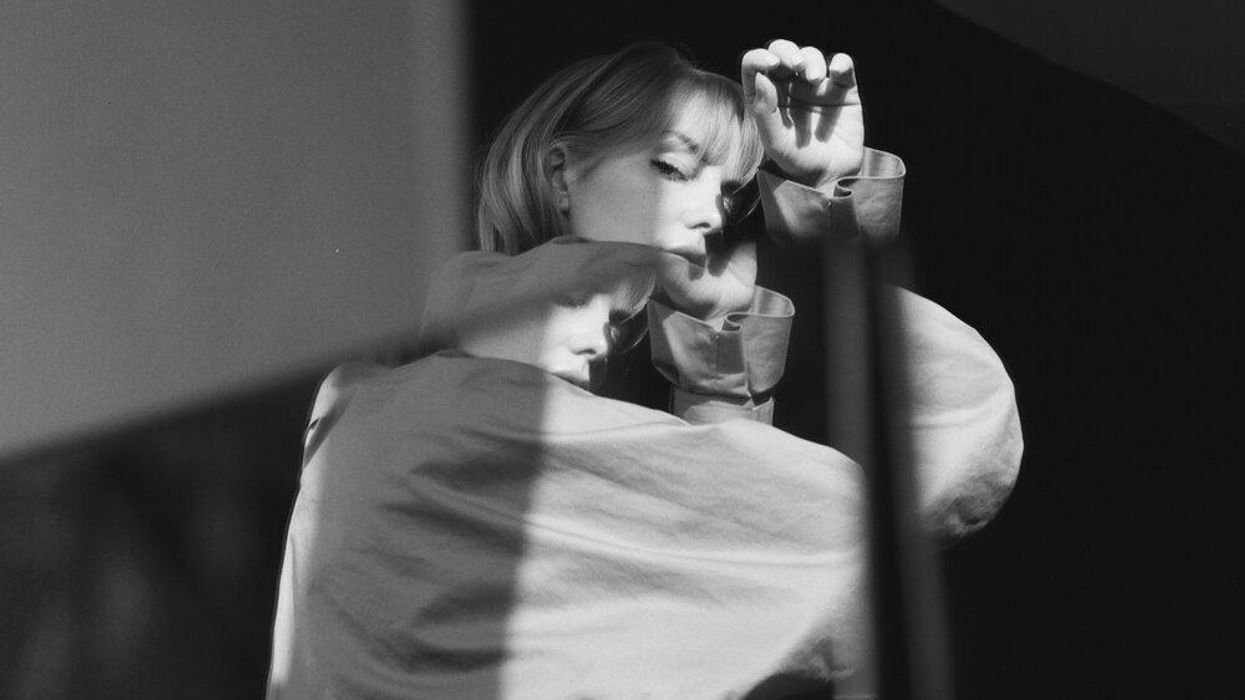Welcome to the New Online Casting Platform for Dancers Around the World
Choreographer Amy Gardner used to consistently run into the same problem: When jobs popped up in different cities, whether for Nick Jonas or Neiman Marcus, finding dancers wasn’t easy, and casting was slowing down her momentum.
“Sometimes we’re looking in Slovenia or Mexico City, and even in L.A. or New York not all dancers are represented by commercial agents, so the only way I could find talent was through social media or word of mouth. It was clunky and inefficient,” says Gardner.
Then the pandemic hit and performances, classes and auditions all moved online. Underlying issues in the arts industry also bubbled up—protests against unions, calls for business transparency, the ousting of volatile producers and artistic directors—and performers were driven to fight for more direct ownership over their careers.
Gardner felt the tides shifting, and launched Dance Hypha.
The site’s mission is to create a stylish, unified, online global casting platform. By establishing a user-friendly catalog of talent, a straighter line between choreographers, directors and dancers becomes possible.
Dancers pay an annual membership fee to join (currently a discounted $48 while the site is in a pre-launch period) and then they can build a profile that serves as a home for their videos, photos, contact information, company/agency affiliations, location and more. Dance Hypha casting notices are then sent automatically to all members, and dancers can submit their profile to the job online.
Maddy Wright, a New York City–based professional dancer with a profile on Dance Hypha, appreciates how all of the information for a job posting is up front—how much you’re getting paid, what the full job description is, and who exactly they’re looking for. “I love the ease of the submission process,” she says.
Other casting websites do exist, like Actors Access, Casting Networks and Backstage, but nothing caters exclusively to dancers. “Some part of my heart and soul feels like dancers haven’t always been valued enough. They’re often treated as elevated background. I wanted to create a platform dedicated solely to them,” says Gardner. Similar casting sites for dancers, like Dance.com, have been attempted in the past, but none have really taken off or survived long after launching.
To avoid the typical pitfalls, Dance Hypha was built on input from dance artists of all backgrounds and styles, and Gardner has locked in affiliates in many different countries to ensure the platform meets the needs of artists around the world. The site contains a rotating “featured dancers” section that is curated by the Dance Hypha team and their partners to promote diversity and inclusion. Dancers in Lebanon, young dancers who don’t get picked out at competitions—they’re all able to be seen, “but it’s not a numbers game and it’s not an algorithm,” says Gardner.
The platform has also brought agents into the fold. Unrepresented dancers who land jobs through the site can be connected with an agent to help read through their contracts. No additional fee is taken by Dance Hypha, but the agent has the option to request a commission. “I’ve had sensational dancers get a big contract and have no idea what to do with it,” says Gardner. “Also, agents suffered so much during the pandemic. Let’s give them a place to find new talent and maybe receive more work and support.”
While Dance Hypha is still in its pre-launch phase, the team, which now also includes New York-based choreographers Rick and Jeff Kuperman, is pushing to implement big updates in the coming months and hopes to eventually create a mobile app.
They wanted things to grow organically for a year, allowing time to streamline the casting process and lock in a website that works smoothly and gives its members a chance to be seen. Gardner’s three goals for Dance Hypha are to catalogue dancers around the world, connect them to each other and cast them efficiently. “Our careers are not straightforward. We don’t stay in one place—we move around, we want different things,” she says. “I just wanted to create a real home base for dancers, a place they can call their own.”




